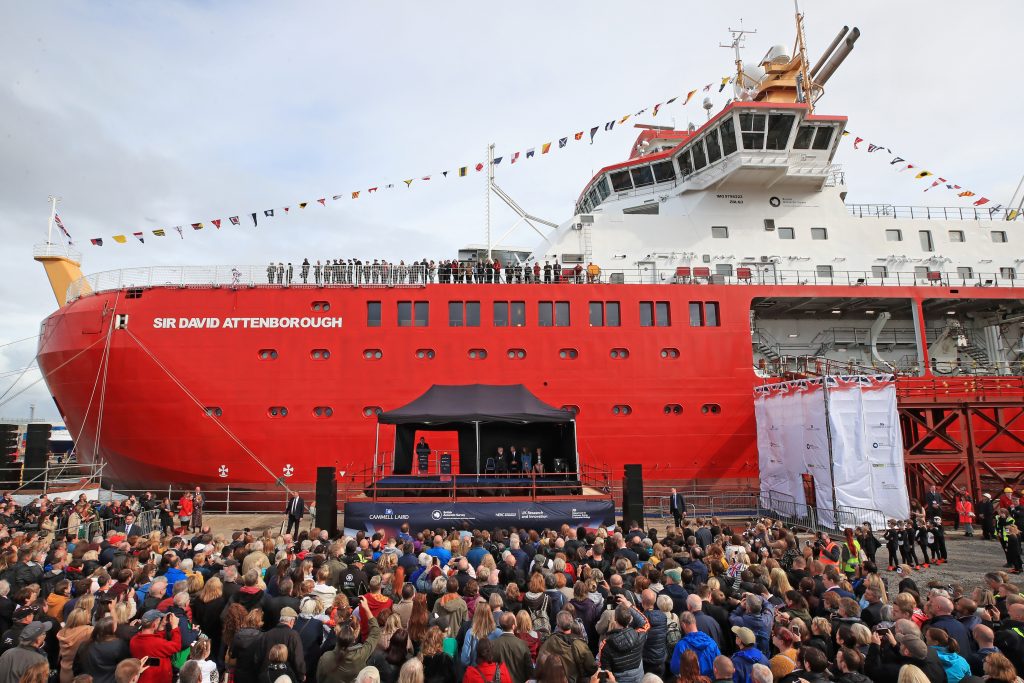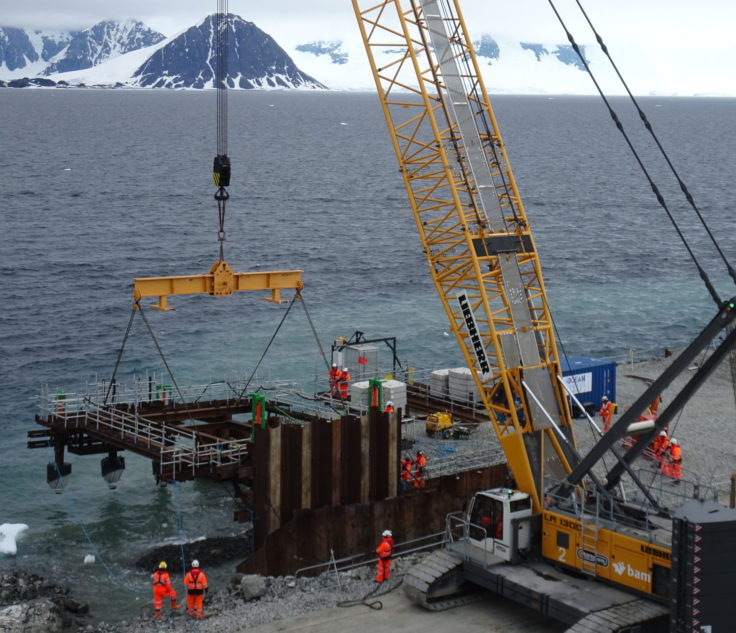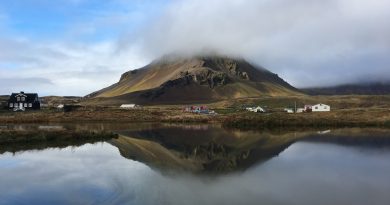Summer construction season begins at British research station in Antarctica

The summer construction season is underway at the British Antarctic Survey’s (BAS) Rothera Research Station in Antarctica, with a crew resuming work on modernizing infrastructure.
Projects underway include a new science and operations building and a new 74 metre-long wharf that will be able to accommodate the new RRS Sir David Attenborough, a polar research ship, that had its naming ceremony in September.
Some of the wharf projects planned for this season include installing a crane to facilitate the launch of small science boats, a personnel gangway and setting up a floating pontoon to deploy scientific instruments. Builders will also finish installing the wharf’s skeleton, backfilling it with rock.
“Having been to the naming ceremony for the RRS Sir David Attenborough earlier this year, it helped put our second build season into perspective,” Martha McGowan, a project manager at BAM, said in a news release.
“It will be a busy season but we recognise the importance of our projects in helping BAS continue to deliver frontier science.”
Reducing fossil fuel dependence
Part of the infrastructure overhaul also includes making the station more energy efficient in order to reduce dependence on fossil fuels. Projects include heat recovery generators, photovoltaic solar panels and better insulation.

“After many months of planning we are looking forward to achieving two key milestones at Rothera,” David Seaton, a BAS senior infrastructure programme manager said in the news release.
“These two projects; the wharf and modernisation are critical to reducing operating costs, improving efficiency and keep the research stations meeting the needs of BAS personnel to facilitate world-leading research for the future”.
The summer construction season in Antarctica runs from November to May. Approximately 60 people from the BAS arrived in December. Eighty per cent of the construction team are returning from the previous construction season.
Construction will also take place at the King Edward Point Research Station on the subantarctic island of South Georgia to accommodate the RRS Sir David Attenborough.
Write to Eilís Quinn at eilis.quinn@cbc.ca
Related stories from around the North:
Antarctica: Do the extreme conditions of Antarctica change the human brain?, Eye on the Arctic
Germany: MOSAiC international science expedition completes crew transfer in Central Arctic, Eye on the Arctic
Greenland: Documentary will show climate change through eyes of pioneering scientist, Mia Bennett – Blog
Iceland: Geoengineering climate fixes popular at Arctic Circle assembly, Mia Bennett – Blog
Norway: Twin science projects seek to understand impacts of Arctic climate change, Radio Canada International
Russia: Russian icebreaker leaves Tromsø to supply ice-locked German research ship, The Independent Barents Observer
United Kingdom: UK’s new flagship polar research vessel officially named Sir David Attenborough, Eye on the Arctic



